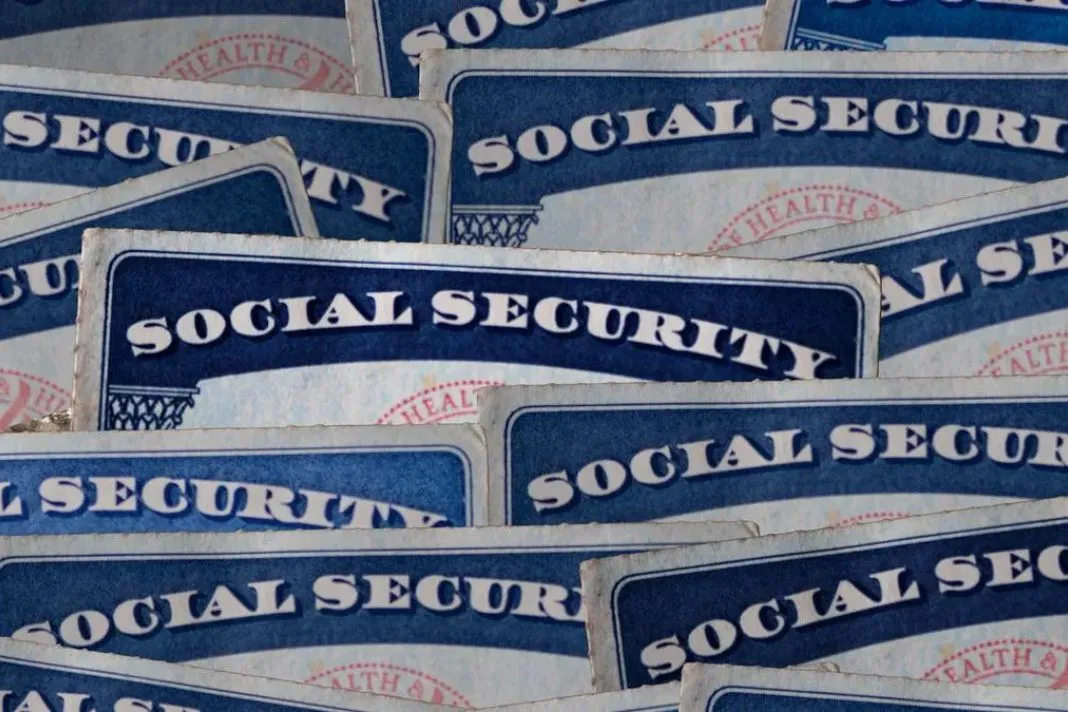An immense part of Social Security numerals and other exposed details for millions of individuals could be in the arrows of a hacking company after an information breach and may have been dismissed on an online marketplace, The Los Angeles Times conveyed this week.
The hacking party USDoD declared it had allegedly swiped the personal records of 2.9 billion individuals from National Public Data, and this was done as a class-action lawsuit pointed in U.S. District Court in Fort Lauderdale, Florida, conveyed by Bloomberg Law. The breaking was believed to have occurred in or around April 2024, as said by the lawsuit.
Here’s what to understand about the apparent data breach.
What is a Breach of Data?
The class-action regulation company Schubert, Jonckheer & Kolbe stated in a press liberation that the pinched file contains 277.1 gigabytes of data, and has names, relatives, address histories, and Social Security numerals dating back at least three eras.
According to a position from a cybersecurity specialist on X, previously Twitter, USDoD reasons to be marketing the 2.9 billion documents for residents of the U.S., U.K., and Canada on the shady trap for $3.5 million.
Since the knowledge was published for sale in April, others have emitted additional documents of the data, by the technology and cybersecurity information site Bleeping Computer.
A hacker understood as “Fenice” revealed the most comprehensive understanding of the data for complimentary on a forum in August, Bleeping Computer convey.
What is National Public Data?
National Public Data is a Florida experience check business conduct by Jerico Pictures, Inc. USA TODAY has come out to National Public Data for commentary.
The firm has not publicly endorsed a data violation, but The Los Angeles Times conveyed. It has been advising people who reached out via email. “We are conscious of individual third-party assertions about client data and are exploring these issues.”
Social Security – Steps to Take
If you consider your knowledge has been swipe or has occurred on the dark web. There are rare measures you can take to control fraud or individuality theft.
Money.com suggests taking the following steps for Social Security:
- Make certain your antivirus is up to date and complete security scans on all your appliances. If you encounter malware, most antivirus schedules should be capable of extracting it, but in some cases. You may require skilled help.
- Revamp your passwords for email accounts, bank statements, and other benefits you operate, and make sure they are healthy and additional for every account. Include lowercase and uppercase letters, punctuation marks, and numbers, and never use confidential details that a hacker could imagine.
- Use multi-factor authentication for different accounts and services that deliver it to ensure you are the individual logging in.
- Check your credit information, and inform any unauthorized usage of your credit cards. If you detect any questionable action, you can ask credit departments to freeze your credit.
- Be cautious with your social media accounts and email and beware of phishing. An endeavor to get your individual information by falsifying who a note or email is from.






